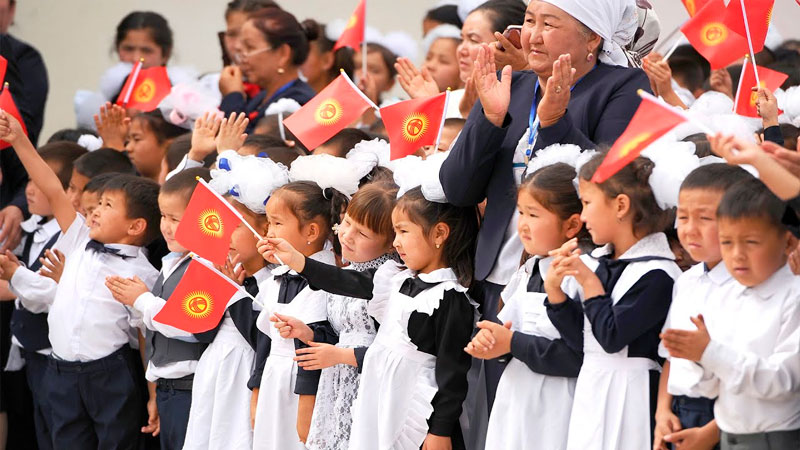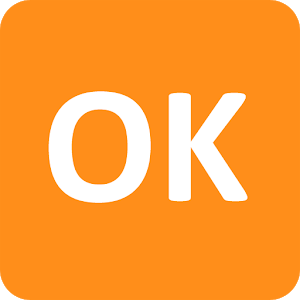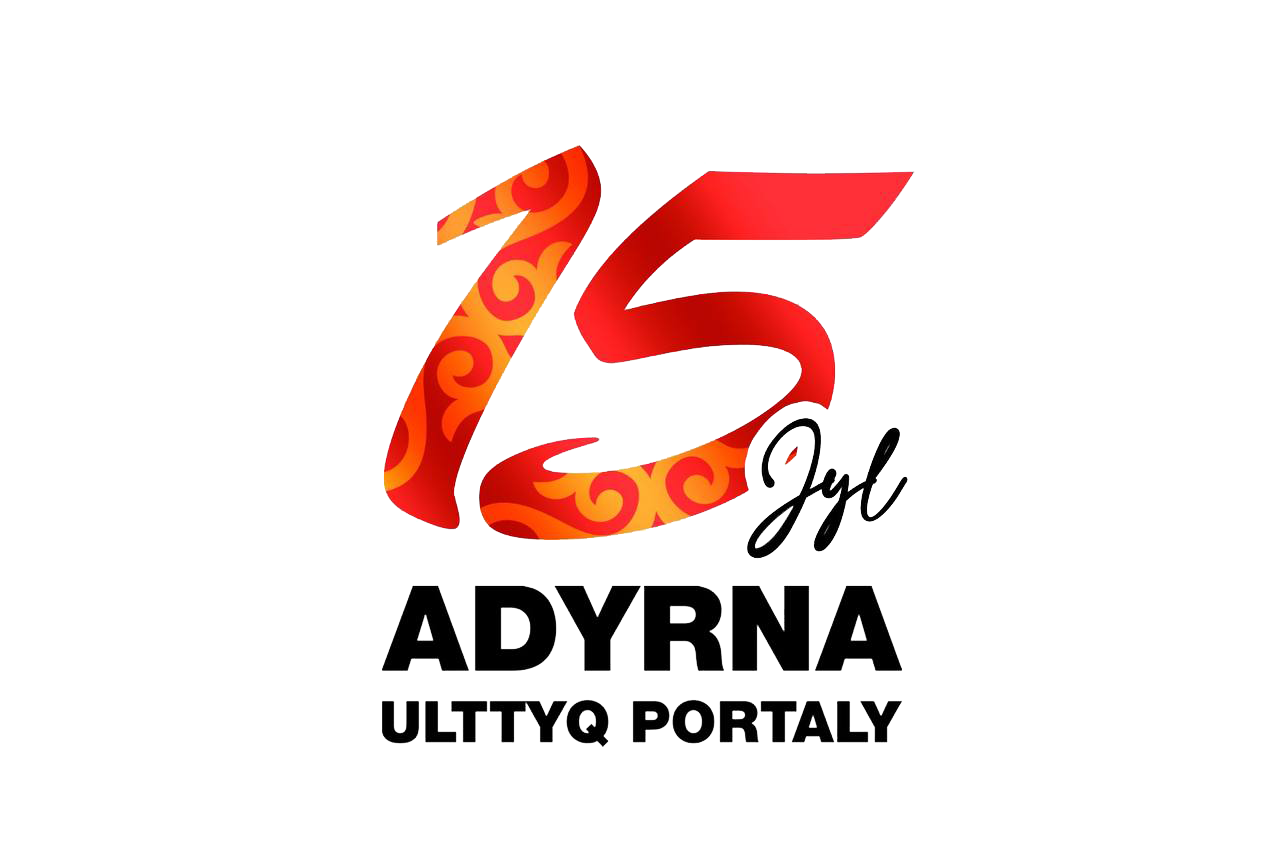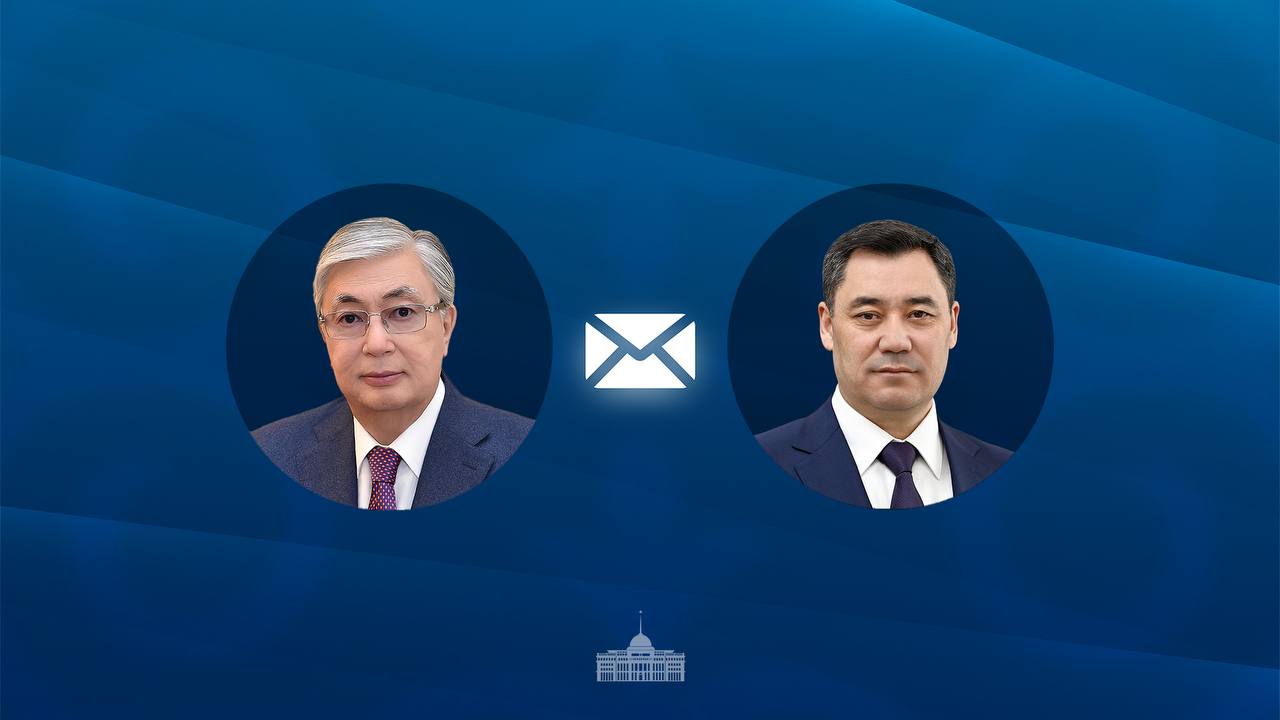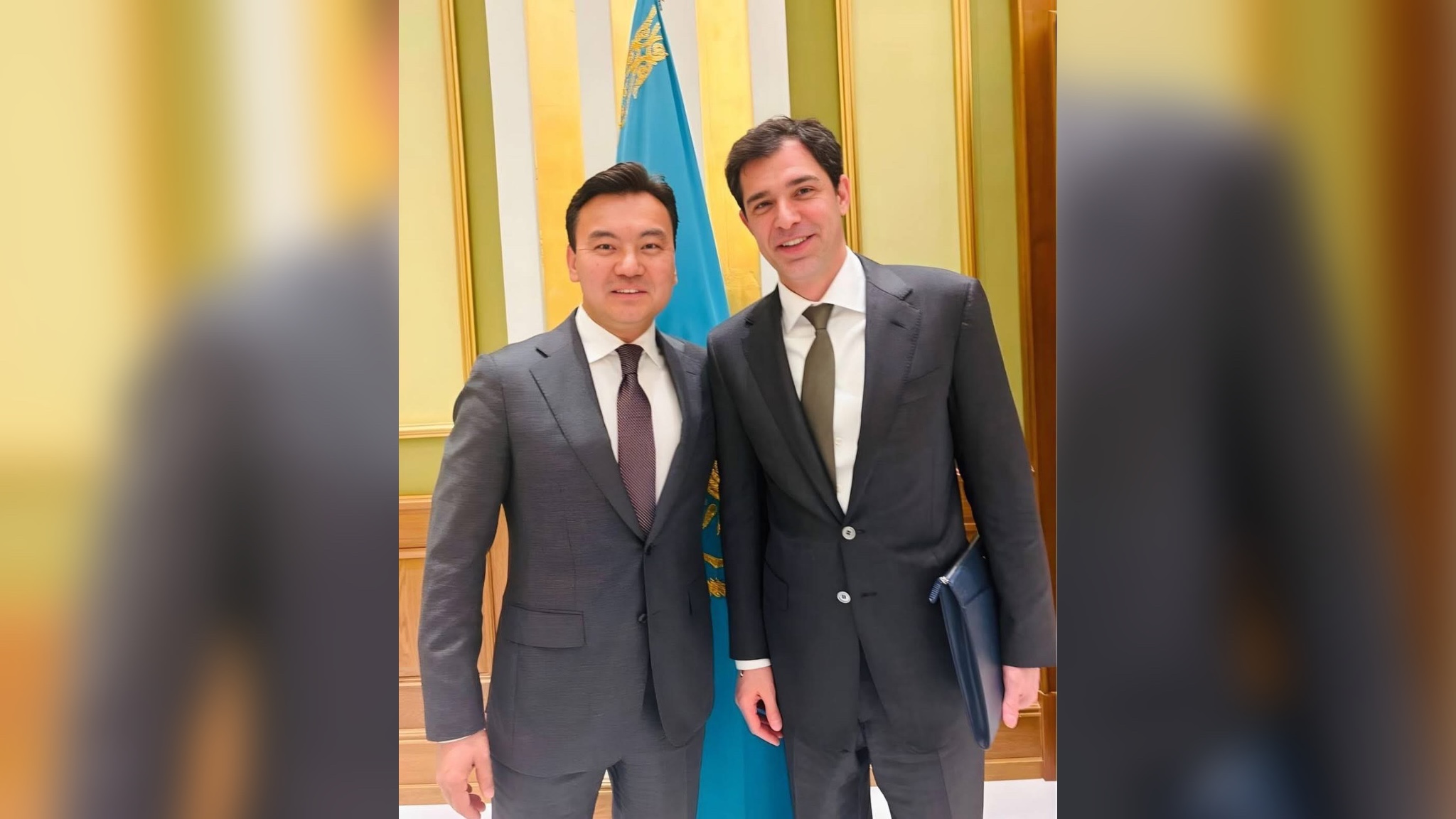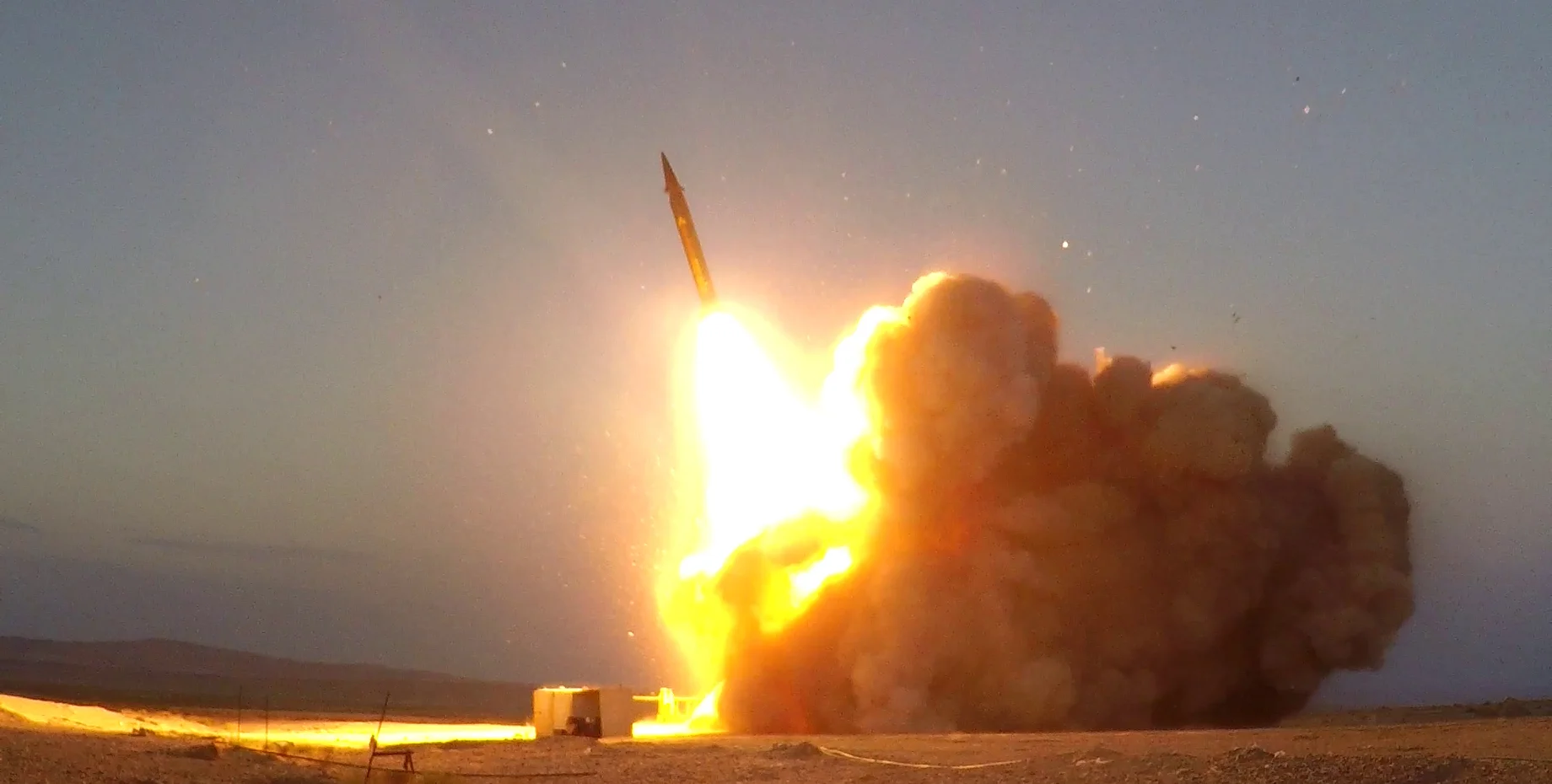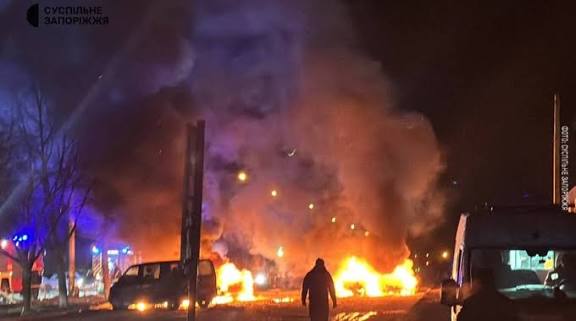Kyrgyzstan has fully transitioned to a 12-year general secondary education system, according to a report by the national portal “Adyrna.”
This was announced by the Minister of Education and Science of the Kyrgyz Republic, Doktyrkul Kendirbaeva. According to her, this marks the implementation of a reform that had remained only a topic of discussion for many years.
“We have now fully moved to the 12-year education system. This was made possible thanks to the political will of President Sadyr Japarov. It is no longer a matter of endless debate—it is a reform that has been implemented in real life,” said Minister Kendirbaeva.
According to the Ministry, the new model is expected to ease the pressure on the labor market and provide students with more knowledge and professional skills. The upper grades will be organized in the format of specialized education through colleges or technical schools, allowing students to study subjects relevant to their future profession in greater depth.
“There will be a strong focus on natural and exact sciences. These are the fields in which the economy currently needs specialists,” Kendirbaeva added.
As part of the reform, all textbooks will now be state-owned. More than 200 experts and language specialists have been involved in developing the new textbooks. In 2025, 744 million soms have been allocated for this purpose.
Additionally, the education system in Kyrgyzstan is being actively digitalized. Parents can now register their children for first grade online via the “Tunduk” electronic platform. To reduce paperwork, teachers are switching to a unified electronic diary system called “E-Kundoluk.”
First-grade students will now study under an updated curriculum. Lessons will last 35 minutes and be held five days a week. The curriculum includes subjects such as Kyrgyz Language, Russian Language, Mathematics, Literacy Basics, and Me and the World. Lessons will be conducted in the form of games, interactive activities, and excursions.
To address potential teacher shortages during the transition, a dual education system will be introduced in pedagogical universities. Top students will be allowed to start working in schools from their third year of study. Starting in 2026, teacher salaries will be gradually increased. The minimum university entrance score for the teaching profession will also be raised to 130.



